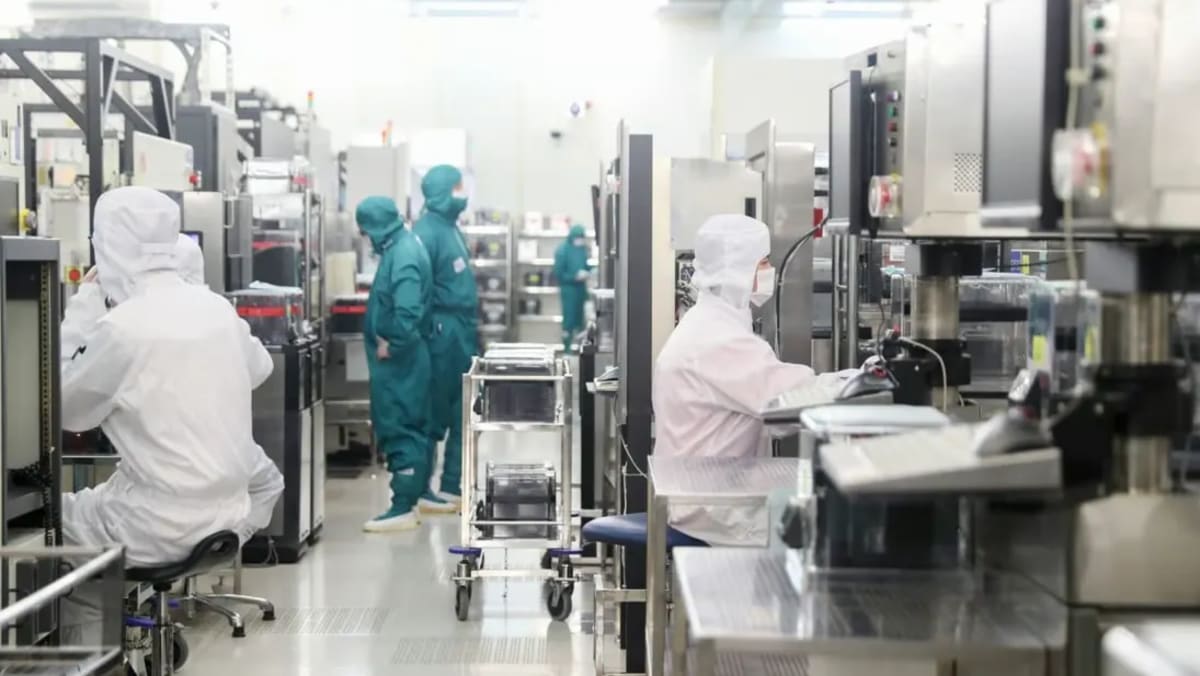
More than 700 job seekers descended upon a semiconductor job fair in Shanghai on Mar 3, where only 500 jobs were available, illustrating a tight job market in an industry of increasing strategic importance for China amid escalating US sanctions.
Most attendees of the job fair, organised by chip industry portal website Ijiwei, were students in Shanghai who expect to graduate this summer. It was held at Zhangjiang High Tech Park, the city’s chip hub, where the jobs on offer came from just 20 companies, according to the organiser.
Despite more jobs than applicants, people at the fair expressed optimism about the industry’s future, which is seeing an influx of cash and other government support, in contrast to the internet industry which is emerging from a two-year crackdown and laying off thousands of workers amid a global slump.
Summer Xia, a postgraduate student at Shanghai University, said semiconductors is a “sunrise industry” with better career prospects and higher salaries.
“I expect the annual salary to be about 50,000 yuan higher than what I can get in a traditional material company,” she said, suggesting that she expects a starting salary of about 200,000 yuan (US$28,950).
One booth with a particularly long line of students holding copies of their resumes was for ChangXin Memory Technologies, one of China’s top chip makers. The Hefei-based memory chip designer had six positions open, all requiring graduates who studied integrated circuits (IC) in majors such as microelectronics and information engineering.
“Almost all my schoolmates from the same major are yearning for jobs in the semiconductor industry, but I have yet to secure an offer,” said Jason Wang, a 22-year-old student in the ChangXin line who studies microelectronics. “I’m going to graduate in just two months. I feel anxious about it.”
As part of Beijing’s drive to develop a robust local semiconductor industry to achieve technological self-sufficiency, Chinese universities across the country have set up related schools and departments to train chip professionals. Nationally, China’s chip industry is expected to see a talent shortage of more than 325,000 people by next year, when it will need nearly 800,000 workers.
The domestic chip industry is trying to ramp up production and research and development as it faces increasingly stringent sanctions from Washington that have cut China off from certain forms of advanced chips and chip-making equipment, in particular chips used to train artificial intelligence and equipment capable of manufacturing using advanced process nodes.
